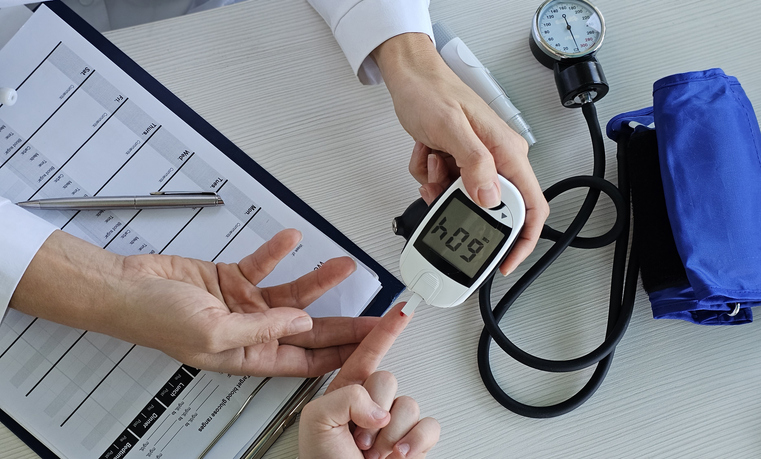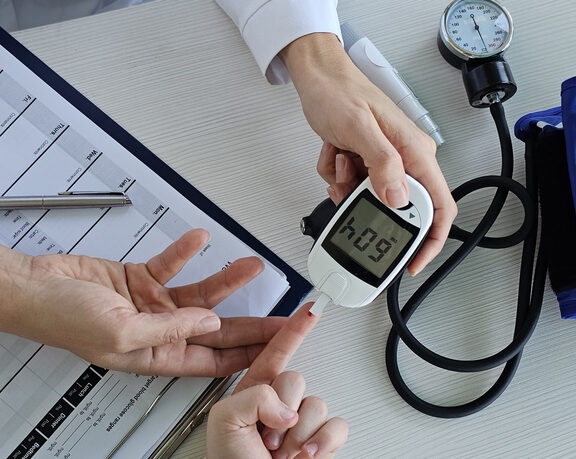
Sanjana Marpadga
Technical Officer – Diabetes
The Global Diabetes Compact aims to unite governments and communities worldwide to reduce the risk of diabetes, promote early diagnosis and ensure that everyone diagnosed with diabetes has equitable access to quality care.
Today, over 800 million1 people live with diabetes — four times more than in 1990. The sharpest rise is in low- and middle-income countries, where early detection and treatment remain limited. For people with diabetes, the consequences of inaction are devastating: blindness, kidney failure, heart attacks, stroke and early death.
WHO Global Disease Compact
Diabetes is not just a health challenge — it is a test of our collective commitment to health equity.Without targeted action, the cost will be counted in lives lost and opportunities denied.
To reverse this trajectory, WHO launched the Global Diabetes Compact in 2021. Its vision is simple yet ambitious: to reduce the risk of diabetes and make quality care a reality for everyone, everywhere. It is more than a framework — the Global Diabetes Compact is a shared commitment by governments, healthcare providers, civil society and people living with diabetes to drive action – one that demands collaboration, investment and accountability at all levels.
Diabetes is not just a health challenge — it is a test of our collective commitment to health equity.
From commitment to impact
Progress is not only achievable – it is underway. Countries and partners are translating the Global Diabetes Compact into real-world solutions.
In Ghana, the Government is working with local organisations and community health workers to expand access to diabetes services in rural areas. In India, a national programme is scaling up diabetes care across health facilities through coordinated support from government, international partners and civil society.
These initiatives are driving earlier diagnosis, elevating the quality of care, and cutting the risk of complications and early death. They are building stronger, more resilient health systems that put people with diabetes at the centre.
The time to act is now
Diabetes is rising fast, and too many lives are lost early. We know what works: prevention, early diagnosis and access to quality care. Now, we must act – faster, together and at scale. The WHO Global Diabetes Compact offers a path forward — rooted in equity, driven by partnership and focused on impact. The question is whether we will take it.
[1] Zhou, B. et al. (2024). Worldwide trends in diabetes prevalence and treatment from 1990 to 2022: a pooled analysis of 1108 population-representative studies with 141 million participants. The Lancet, 404(10467). https://doi.org/10.1016/s0140-6736(24)02317-1



